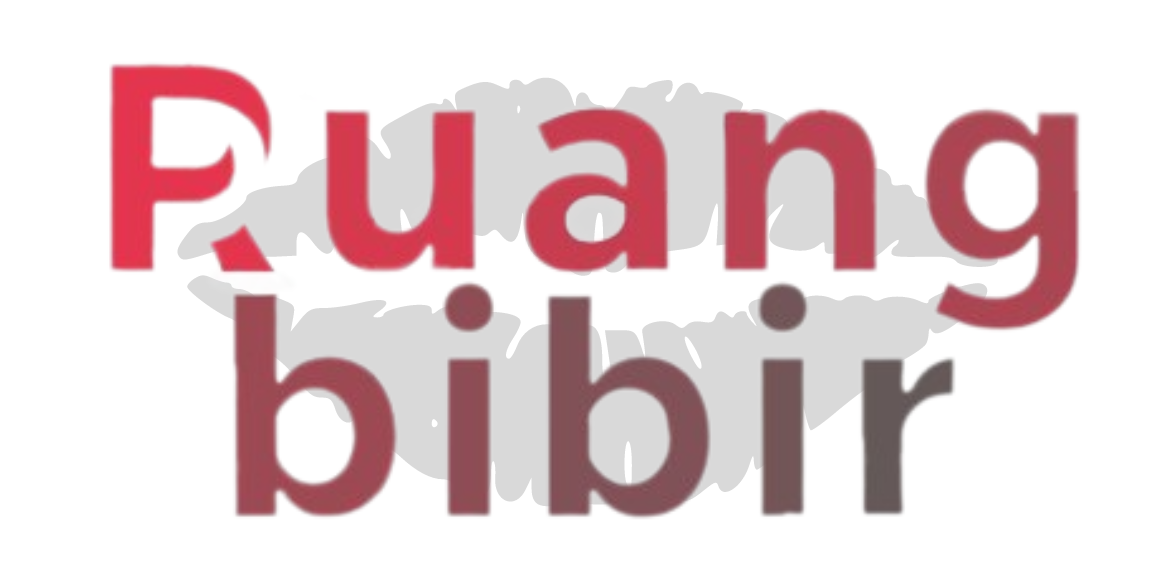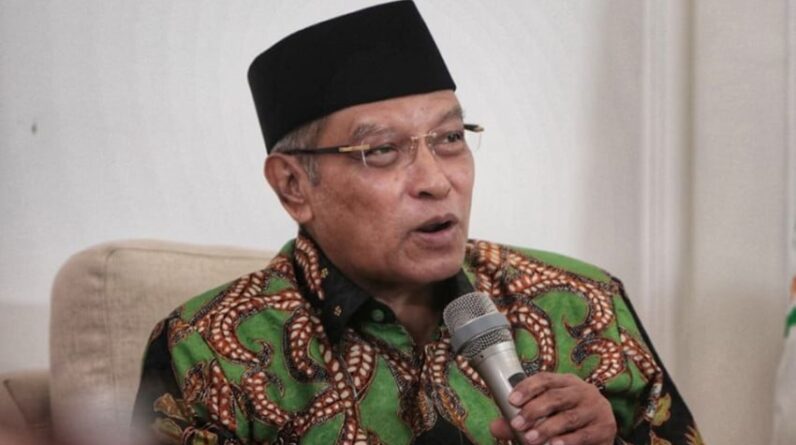
loading…
PAMJAKI tanggapi kebijakan OJK mengenai co-payment pada produk asuransi kesehatan swasta. (Foto: dok BPJS Kesehatan)
Mereka mengimbau para anggotanya untuk ikut mengedukasi nasabah asuransi supaya lebih bijak memanfaatkan asuransi kesehatan.
Ketua Umum PAMJAKI Andi Afdal menyampaikan, co-payment diperlukan untuk mengendalikan moral hazard berupa pemanfaatan berlebihan (overuse) oleh nasabah asuransi.
“Perlu ada transparansi biaya yang dibayarkan asuransi swasta untuk menanggung pelayanan kesehatan nasabahnya. Jika para nasabah paham dan sadar besarnya nilai layanan asuransi swasta, diharapkan mereka bisa menggunakan asuransinya dengan lebih bertanggung jawab,” ujarnya.
Ia juga mengatakan, fenomena pemanfaatan asuransi swasta yang berlebihan banyak terjadi di lapangan.






